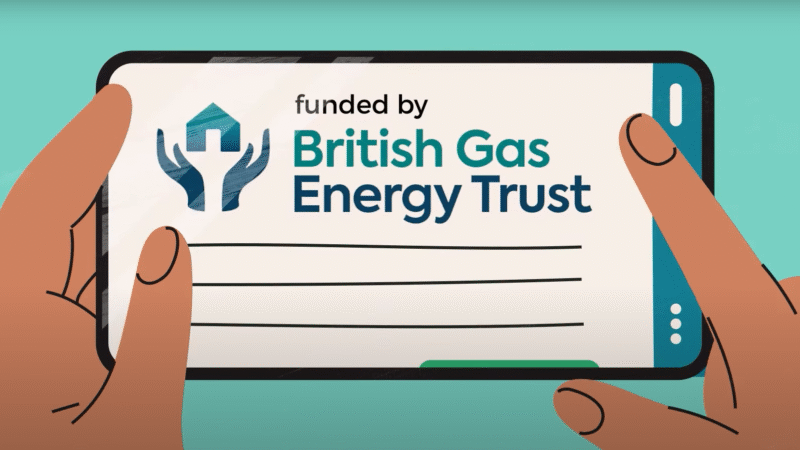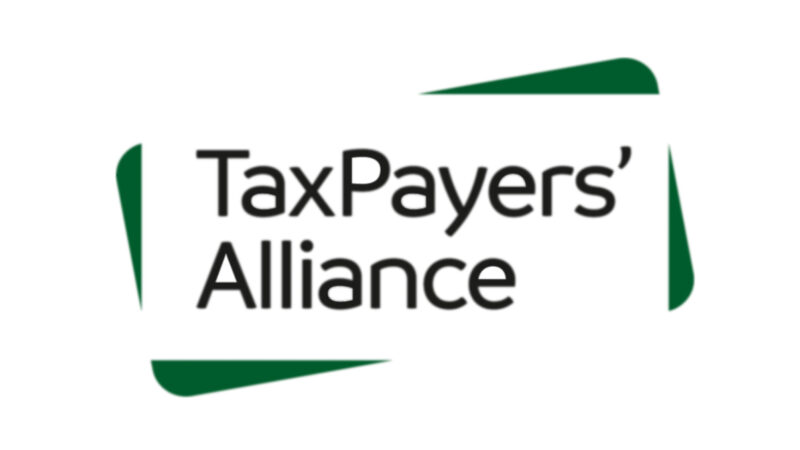Leading tax expert provides his top tax-saving tips for struggling landlords

Following the Autumn Statement earlier this month, landlords’ profits are due to be slashed after the tax-exempt allowance on capital gains was reduced. This means that the threshold will be cut from £12,300 to £6,000 in April next year, then to £3000 from April 2024. As a result, the average second-property owner could pay £2,600 more in tax, and research from property technology company, iPlace Global, now reveals that over a quarter (26%) of landlords are looking to sell their buy-to-let property due to inability to keep up with rising costs.
Tommy Mcnally, leading tax expert and CEO of tax-refund firm, Tommys Tax, explains that amidst the current economic landscape, and with prices soaring across the board, tax returns have become a critical lifeline for many. In light of the dire economic landscape, alongside an increasing concern of the exodus of buy-to-let landlords, Mcnally has compiled a list of eight tax-saving tips for landlords struggling with soaring prices.
Opt for short-term occupants:
Opting for short-term occupants is a way of claiming council tax and utilities as a regular expense – for this reason, you can save more on running costs.
Declare losses on rental income:
If you spend more on your properties than your take in rental income, this means you have made a rental loss. In the UK, the rental losses can be carried forward and offset against profit in other tax years.
Exclude deposits from your property income tax return:
Make sure you exclude deposits from your new tenants from your property income tax return, as you don’t need to pay tax on them.
Claim the Replacement Domestic Items Relief (RDIR):
The Replacement Domestic Items Relief (RDIR) is a tax relief that landlords can use to claim costs related to the replacement of furniture, household appliance or any item used only by your tenant. The item must be a replacement for the original one – you can’t claim the replacement of domestic items if you are already claiming the Rent a Room relief, or if the property is a furnished holiday letting.
Save some of the income to pay taxes:
If you save a quarter of your rental income in a savings account each month, you will have the needed funds to pay your taxes – all you have to do is set it aside.
Form a limited company:
Setting up a limited company is a smart way of reducing your tax bill as a landlord, especially given that all of your purchases will be made on behalf of the company. This way, you can offset expenses against the profits. However, it’s key to note that you should seek professional advice from your accountant first to check if this strategy is right for you.
Have separate bank accounts:
You might be asked to provide proof of your rental income to the tax inspector – to make it easier to find the right documents, try using a separate bank account. Having a separate rental account from your personal one could make things a lot easier.
Claim your property expenses:
When you file a tax return, make sure that you claim your expenses. You can claim a tax return back on the following:
Advertising costs you may have with your property
Costs from travelling from and to the rental property
Text messages and telephone calls sent in connection with the property
Accountancy fees for rental purposes
Legal fees
Fees for any safety certifications which you obtained for the property
Landlord insurance
Winter rates, council tax, gas and electricity
You must ensure that you have your invoices ready, as you may be required to present this to HMRC.
Tommy Mcnally, leading tax expert and CEO of Tommys Tax comments:
“Taxpayers must ensure that they are aware of the new tax regulations so that they are aware of the correct amounts they should be paying. With HMRC under relentless pressure due to the Autumn Statement, an increased number of audits alongside September’s disastrous mini-Budget, people looking to file their tax return should start the process now to reduce any chance of penalties when submitting.
“In general, people across the UK will be looking at tax refunds as a means to cope with the cost-of-living crisis, and for a majority, this could inject a much-needed boost into their bank accounts. However, our research shows that across the board there is still an obvious lack of knowledge when it comes to the process – which is worrying given that the average tax refund for a PAYE worker, for example, stands at a staggering £1,518.
“With so many unregistered agents out there, as well as the current delays we’re currently experiencing with HMRC, I’m sure that many people are wondering whether they’ll be able to claim their rebates back in time – that is why we’re here to help with the entire process for workers across the country. One of the ways we help is by educating customers about the various tax rebates that people are eligible for, but don’t make use of and that is where we’re here to help. Taxes can be boring, confusing and anxiety-inducing, but if done right could make a real difference to people’s lives.”






